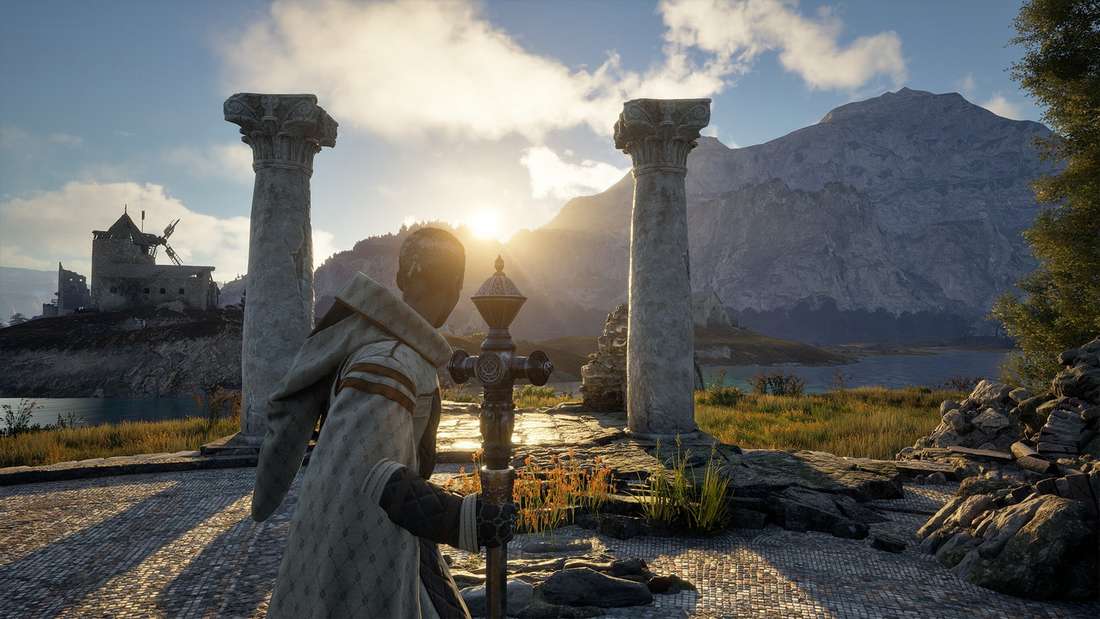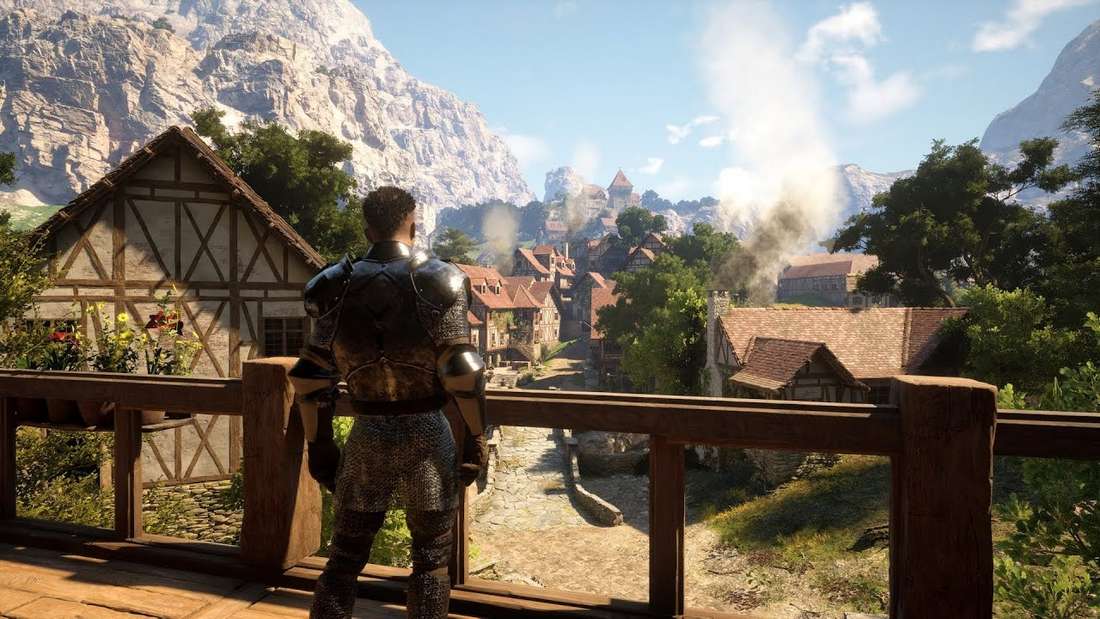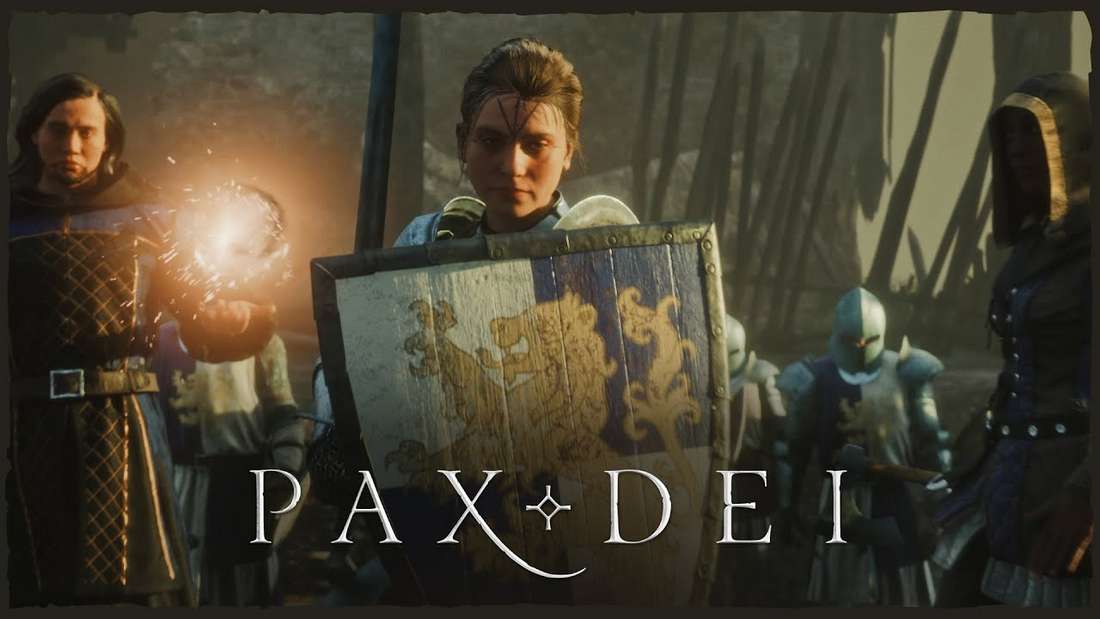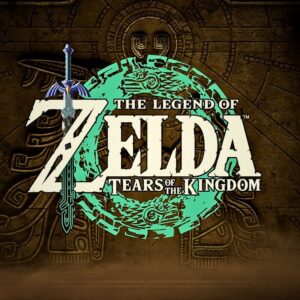Pax Dei 1.0 Launch: A Deep Dive into the Medieval Sandbox MMO Challenging EVE Online’s Legacy
Popular Now
 Genshin Impact
Genshin Impact
 Stumble Guys
Stumble Guys
 Grand Theft Auto VI
Grand Theft Auto VI
 Gacha Club
Gacha Club
 Poppy Playtime
Poppy Playtime
 Among Us
Among Us
 PUBG Mobile
PUBG Mobile
 Toca Boca World
Toca Boca World
 Brawl Stars
Brawl Stars
 BeamNG.drive
BeamNG.drive
 The highly-anticipated social sandbox MMO, Pax Dei, has officially exited its lengthy Early Access phase, launching its pivotal 1.0 version on October 16, 2025. Developed by Mainframe Industries, this medieval fantasy title has been widely dubbed the ‘EVE Online of the medieval genre,’ a descriptor that carries significant weight and sets a high bar for player expectations. The full release marks the true beginning of a player-driven economy and vast, organic world-building, cementing its position as a major contender in the competitive MMORPG landscape. This analysis explores the core mechanics, the ‘EVE-like’ comparisons, and the critical post-launch roadmap that will define the game’s long-term success and influence future online gaming investment.
The highly-anticipated social sandbox MMO, Pax Dei, has officially exited its lengthy Early Access phase, launching its pivotal 1.0 version on October 16, 2025. Developed by Mainframe Industries, this medieval fantasy title has been widely dubbed the ‘EVE Online of the medieval genre,’ a descriptor that carries significant weight and sets a high bar for player expectations. The full release marks the true beginning of a player-driven economy and vast, organic world-building, cementing its position as a major contender in the competitive MMORPG landscape. This analysis explores the core mechanics, the ‘EVE-like’ comparisons, and the critical post-launch roadmap that will define the game’s long-term success and influence future online gaming investment.
 The Core Pillars: Economy, Crafting, and the Social Contract
The Core Pillars: Economy, Crafting, and the Social Contract
Pax Dei is not a ‘theme park’ MMO; it is a dedicated sandbox where player interaction dictates the flow of the game’s universe. The 1.0 release highlights the maturity of its core systems, which are foundational to its design philosophy:
- Player-Driven Economy: Virtually all valuable items—weapons, armor, tools, and even building materials—are crafted by players. This focus on player-made goods creates a delicate, emergent market that is prone to the same fluctuations, monopolies, and high-stakes trading found in economic simulations like EVE Online. Understanding the supply chain is paramount for wealth generation.
- Territorial Control and Clan Warfare: While the “Heartlands” offer protected zones for building and safe crafting (a significant divergence from EVE’s universal danger), the core conflict arises in the dangerous “Wilderness” or “Provinces.” These regions are the source of the rarest, highest-tier resources, requiring organized PvP combat for control. The upcoming ‘Feudal Shrines’ in Verse 5, which are fightable control points for Clans, will inject crucial structure into this full-loot PvP zone, increasing the cost per acquisition (CPA) for high-end gear.
- Unrivaled Building and Customization: The game allows players to claim plots of land to construct entire villages and strongholds. This feature goes beyond simple housing; it’s a vital part of the economic engine, allowing clans to build dedicated crafting stations and market stalls. The social element is intrinsically tied to geography—the location of a village on the map can determine its economic prosperity and strategic security.
 The EVE Online Analogy: Separating Myth from Mechanism
The EVE Online Analogy: Separating Myth from Mechanism
The comparison to EVE Online is a powerful marketing keyword but requires nuance. The similarities are rooted in the meta-game and the consequence of failure:
- Full-Loot Consequence: Like EVE, dying in the PvP-enabled zones means losing your hard-earned gear. This creates a genuine risk-versus-reward tension, escalating the stakes of every venture. Players must factor in the insurance cost—or replacement cost—of their equipment before setting foot in the Provinces. This feature attracts a specific niche of hardcore high-stakes gamers.
- The Social and Political Layer: The true ‘EVE-like’ experience in Pax Dei will unfold in the political drama between large-scale Clans (or “Alliances,” a mechanic slated for 2026). Corporate espionage, betrayal, and massive territorial wars for economic dominance are not scripted events but emergent gameplay, driven by the desire for scarce resources and capital gains.
- The Seamless World: While not a single-shard universe like EVE, the game’s large, non-instanced world encourages players to feel part of a greater, shared ecosystem, where their actions—building a major city, blockading a resource—have persistent, observable impacts.
The Key Difference: Pax Dei’s inclusion of a safe ‘Heartlands’ area for basic survival and protected building makes it arguably more accessible than EVE’s universally hostile ‘New Eden,’ potentially broadening the target audience beyond the most dedicated hardcore MMO players.
Post-Launch Roadmap and Financial Outlook (Q4 2025 – Q1 2026)
The 1.0 launch is merely a checkpoint. Mainframe Industries has already outlined an aggressive content roadmap that addresses crucial systems and promises new depths of gameplay, which will be essential for maintaining player retention—a key metric for any subscription-based game or title with premium monetization:
Key Upcoming Content & System Overhauls:
- Verse 5 – Feudal Shrines (Winter 2025): Introduces specific, fightable control points that Clans must contest. This will formalize the PvP endgame and provide a clear, high-value objective for large-scale warfare.
- Verse 6 – Feudal Alliances (Early 2026): The introduction of Alliance mechanics, allowing multiple Clans to formally band together for war or peace. This is the mechanism that will unlock true, political-level meta-gameplay and drive strategic coordination.
- 2026 Focus: Grace and Economy Expansion: Developers plan to expand the ‘Grace’ system (a resource tied to Divine favor) and further deepen the economic complexities, likely introducing new tiers of crafting and more advanced resource sinks to ensure the market remains volatile and engaging.
- Revamped Death Mechanics: Updates in the 1.0 patch aim to unify penalties across PvE and PvP while removing “corpse runs” in safe zones, making death more impactful in PvP areas but less frustrating for new players, balancing user experience with core game philosophy.
The success of Pax Dei hinges on its ability to transition from a compelling set of systems into a living, organic world. The ongoing flow of developer updates, especially concerning the stability of the servers and the prevention of economic inflation, will be critical. As an online multiplayer sandbox with permanent stakes, every decision by Mainframe Industries will be magnified by a community ready to scrutinize the game’s long-term investment value.
Conclusion: Pax Dei 1.0 represents a powerful entry into the high-risk, high-reward sandbox market. By melding the player-driven economic ruthlessness of EVE Online with a highly immersive medieval setting and robust building mechanics, it offers a distinct proposition. The immediate future will be defined by the emergence of powerful player organizations and the successful implementation of the Feudal Shrines system, proving whether the game can sustain a truly deep, emergent meta-game that justifies the title’s lofty ‘medieval EVE’ comparison and secures its place as a top-tier premium gaming experience.
Words and Phrases for High-Value Targeting (SEO/CPC):
- Pax Dei 1.0 Review
- Medieval Sandbox MMO
- EVE Online Medieval Equivalent
- Player-Driven Economy MMO
- High Stakes PvP MMORPG
- Best New MMORPG Release 2025
- Online Gaming Investment
- Full-Loot PvP Mechanics










